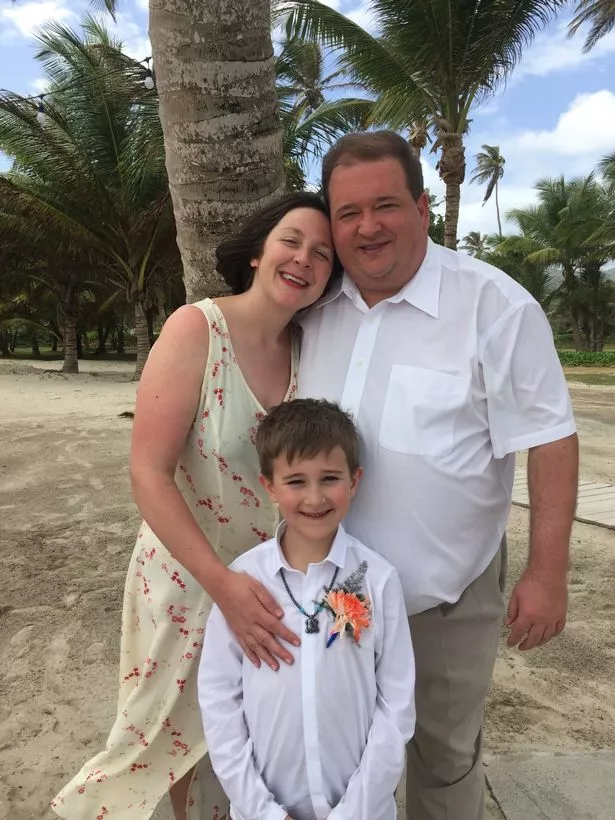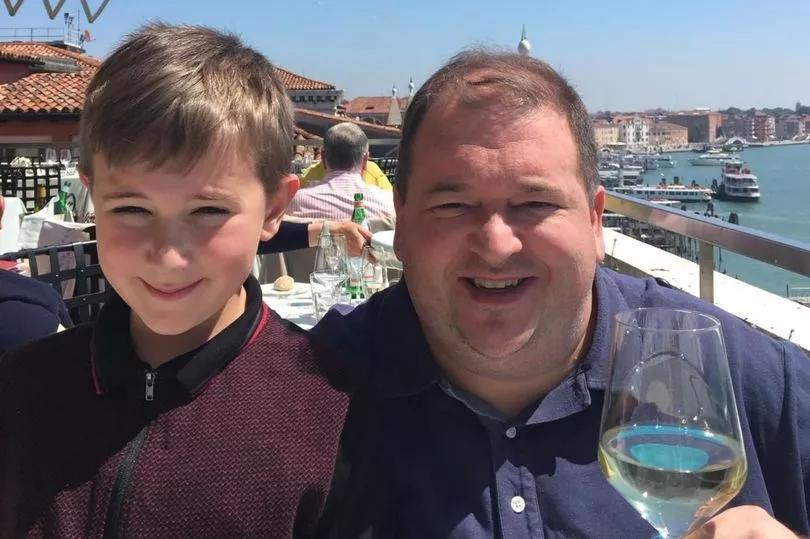Understand Your Rights. Solve Your Legal Problems


The widow of a 48-year-old man who passed away following a gastric sleeve surgery is taking legal action against Spire Healthcare, the private healthcare provider that performed the procedure. Philip Morris tragically died in 2021, just four days after undergoing the surgery at Spire St Anthony’s Hospital in Surrey.
A February 2024 inquest concluded that Mr. Morris would likely have survived had a carbon dioxide monitor worked properly during the procedure. The malfunction of this essential equipment led to complications during his post-operative care. Spire Healthcare acknowledged the coroner's findings and assured that measures had been implemented to prevent similar issues in the future.
Mr. Morris' widow, Dana, who received two interim compensation payments from Spire Healthcare last year, is now pursuing legal action in the High Court. Mrs. Morris, 49, expressed her frustration, stating, "Spire's unwillingness to acknowledge full liability and reach a financial settlement has prolonged our nightmare and resulted in further unnecessary grief."
She continued, "We definitely can't move on to kind of whatever grieving could look like. I don't feel like we've even started that process."
Court documents claim that inadequate care from both Spire Healthcare and medical professionals involved in Mr. Morris' surgery contributed to his untimely death. A hearing date for the High Court case is yet to be determined.
Mr. Morris, originally from Newport, Wales, had relocated to south London with his family in 2016. He had opted for private weight loss surgery due to extended NHS waiting times caused by the Covid-19 pandemic. Prior to surgery, Mr. Morris weighed 22 stone and had been suffering from type 2 diabetes and sleep apnoea.
Following the surgery, Mr. Morris experienced intense abdominal pain, making it difficult for him to speak and breathe. He was admitted to the intensive care unit of a private hospital, where it was determined that intubation was required before being transferred to an NHS facility. Unfortunately, the process of intubation was “extremely difficult” and ultimately resulted in the loss of his airway.
Senior Coroner Sarah Ormond-Walshe, who led the four-day inquest, identified a "missed opportunity" to establish a new airway due to the malfunctioning carbon dioxide monitoring device. She noted that "no one checked that this piece of equipment was operational," as no one had been designated responsibility for ensuring its functionality.

Phil Morris with his son Orson (Photo: Dana Morris)
The coroner concluded that Mr. Morris died as a result of "complications arising from an emergency procedure performed to address issues stemming from post-bariatric surgery."
In the wake of her husband's death, Mrs. Morris and their 15-year-old son, Orson, have both been diagnosed with PTSD, with Orson requiring ongoing counselling.
"We feel like we're trying to bring justice for Phil," Mrs. Morris said. "It's not right that he went in to improve his health and if things had gone to plan, what life would be like now."
She added, "Spire's mistakes cost Phil his life, and we will forever suffer those consequences. Lessons must be learned so this never happens to any other family."
In response to the legal claims, Spire Healthcare issued a statement: "We apologise for the distress caused by Mr. Morris' death and can confirm that Mrs. Morris' claims are being responded to through the appropriate legal channels."
Spire Healthcare Involved in Multiple Medical Negligence Cases
There have been several cases of medical negligence and controversies involving Spire Healthcare in recent years. One of the most notable cases occurred in 2017 when Spire Healthcare faced scrutiny due to the actions of a surgeon, Ian Paterson, who was found to have performed unnecessary surgeries on patients, including breast operations and mastectomies, leading to serious harm and distress. Paterson was convicted of 17 counts of wounding with intent and was sentenced to 20 years in prison. Many patients were left with lifelong physical and psychological issues, and the case brought attention to the need for better monitoring and safety practices in private healthcare.
Other instances have involved patient complaints regarding substandard care, such as delayed diagnoses, surgery complications, and inadequate post-operative care. These cases have contributed to growing awareness of the importance of regulation and accountability in the private healthcare sector.


